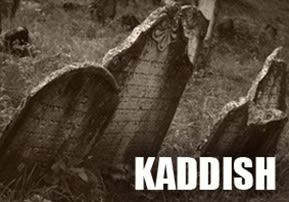
Kaddish
I often think of Chana, Tonka, Rachel. How did they die? Were they scared or resigned? Did they know that at the end of the journey, two hours after...

I am a Holocaust survivor, and I often wonder why did I survive, while millions perished? Was it luck or was it fate? To answer this haunting question, I often go back in my memory to my first brush with death.
On March 19, 1942, I was part of a group of Jews, that was led to a bleak, desolate place outside the city, a large plateau, with sparse grass and dwarf bushes.
At the site, a tall German with a red, square face told us, "You are going to dig underground storage facilities". Soon, the area looked like a gigantic construction site. People were diligently digging, breaking up the excavated boulders and carting away the dirt.
After a backbreaking day, I returned home and my father told me: "Josh, I arranged a job for you with the German Army. You are going to work as a carpenter."
The next day, early in the morning I left for my new job. I was anxious and worried "How will I manage? What do carpenters really do?" It was dark outside and lights shone through the small windows. The dilapidated streets were covered with a blanket of white snow. The ghetto looked quiet and peaceful.
At the job, I was assigned to help a German soldier named Hans, who heartily laughed at my clumsy handling of the saw. "To make a straight cut you have to pull the saw gently. Don't jerk it. Don't use force," Hans admonished me.
I was so involved in my work that I did not pay attention to the intermittent shooting that erupted at midday. At lunch time, I sat at the roadside with Willy, the other Jewish carpenter. A passing Ukrainian peasant warned us, "They are killing the Jews in town. Why aren't you boys hiding?"
"Killing Jews? What are you talking about?" I did not believe him.
"Look there. See for yourself."
I turned around and in the distance I saw heavy German trucks disgorging people, who were then driven uphill on foot. I heard the shooting intermittently, but I did not believe that killings were taking place. I did not know what to do, but before I could make a decision, Willy took off and ran in the direction of the railroad station, and I followed him.
We found shelter in a storage room filled with cement. We sat in the far corner, hiding under a mound of cement. The shooting grew louder and louder. Soon it turned into a continuous barrage. I leaned against Willy, and felt his heart beating wildly.
We sat there for a very long time. It seemed like an eternity. At five o'clock, the shooting stopped. Covered with cement dust, we crawled out from our hiding place and, oblivious to our appearance, walked back to the ghetto.
I walked in a daze. Despite the shooting, the possibility that people had actually been killed did not occur to me. I expected to find everybody alive and everything in order. I blocked out the unpleasant reality from my awareness.
On the way home, I saw a horse-drawn wagon loaded with stained clothing. The wagon driver, whip in hand, walked alongside the wagon.
"Where are they taking this soiled clothing?" I asked the Jews who were walking behind the wagon.
"Come give us a hand. We are taking the corpses to the mass grave for burial," came the answer.
"For burial? What are they talking about? Nobody buries stained clothing." As I looked closer, I was shocked. This was not bloodstained clothing but corpses, real human corpses. My heart skipped a beat.
I didn't want to go but I couldn't refuse. I started to walk behind the loaded wagon. Squeaking and shuddering, the wagon turned from the main road onto a hilly dirt road. I recognized the place. I recognized the road. This was the road that I had been on two days ago when I went to build the underground storage facilities. The buggy, overloaded with the corpses, swayed. The horses slowed.
"Let's push," yelled the driver. I went closer, grabbed the wooden railing of the wagon, and to my horror, I recognized the face of one of the corpses. It was Arnold, a classmate of mine. "Oh my God! This is Arnoldek. I just kidded him yesterday." I felt a tremor passing through my body.
Arnoldek was a plump, good-natured boy. At school he sat next to me, on the same bench. He loved candy and his rustling of crushed candy wrappers, used to drive me crazy. Now he was dead. I couldn't believe it.
Arnoldek's head stuck out from the spikes of the side ladder. I gently pushed it back. I was astonished at my own calmness. No feelings, just emptiness. Limitless emptiness.
We soon arrived at the destination. The ghastly panorama unfolded. The tremendous pit was filled with bodies, floating in a sea of blood. The Germans were gone and the pit was guarded by Ukrainian militia. They told us to dump the bodies into the pit, and to collect the bodies of the victims who had been shot while trying to escape.
After we finished collecting the scattered bodies, Moses the Shoemaker called out, "Jews, let say Kaddish." Before long, the group lined up in front of the pit and started to recite the age-old prayer.
During the recitation of the Kaddish, I felt a wave of resentment. The words of the Kaddish burned holes in my heart.
I glanced at the mourners. Looking at those broken people, who with rhythmic motions recited the sacred prayer like their fathers had done for a thousand years, gave me a glimpse of the indestructible Jewish soul, the source of our strength and weakness.
Suddenly, I saw a commotion in the corner of the pit. Somebody was trying to get out. I wanted to run and help, but when I heard the cocking of a gun, I froze in place. "Josh, you might be next. Why don't you join in the Kaddish? "
I joined the mourners. "May there be abundant peace and life for us and for all Israel . . . " I stopped . . . Peace? . . . Life? . .. I looked around and recognized a boulder I had excavated yesterday. It was covered with blood.
After the Kaddish, the group slowly started to move towards the ghetto. We moved in deep silence. Again I felt an empty stupor. As we approached the boundaries of the ghetto, my heart pounded wildly. I jumped the border stream and ran toward the house. I was looking for my parents. The kitchen was empty. On the kitchen table I found a pot with peeled potatoes soaking in water. The potatoes were covered with black spots. Seeing this, I almost fainted. My mother would never leave potatoes covered with water, because they spoil. I was certain that my poor mother was dead.
I ran out of the house and saw my mother standing in the alley. "Mom," I yelled. "You are alive." I embraced my parents and burst out crying. "Where did you hide?" I didn't see my sister. "Where is Luba?"
My mother started to sob. "Oh, my darling daughter must be dead. I will not survive this." We tried to calm her down, to no avail. Her loud cries brought the neighbors into the alley.
Abe Tunis, our neighbor from across the street, came out with an ashen face. He had aged ten years in one day.
"I came home and all my family, my wife and three children are gone. I will never see them again." He quietly started to cry.
"All my life I was waiting for the day that my children would leave the nest. I never expected that this will happen in such a way. I can't stay in the room, all the small things, the hair brush, the night gown, the slippers remind me of my children. Now, they are all gone."
For the first time in my life, I saw a grownup man weep uncontrollably. One of his daughters, I knew well. Esterka was a petite, charming girl with red hair and a freckled face. She was always neatly dressed in a black school uniform with an immaculate white collar. She was my age.
Esterka had two main concerns in life: her freckles and her grades. She considered the freckles a big blemish and spent all her lunch money on exotic creams. In school, she had difficulties with algebra and asked me for help. Esterka was now gone. Freckles and algebra will not bother her.
I felt embarrassed. I did know not what to do or what to say. Silently, I left the crying man and went in search of my sister.
At the next house, I saw two small children crying. A little boy, about four years old, was crying for his mommy. He was comforted by his older sister, Rachel, a six year-old. "Don't cry, Mottel. Our mommy will return." She pulled him up to her and with her small hand wiped away his tears.
When I approached them, she looked up to me. Her big expressive eyes were filled with sadness. She was mature. She understood. She knew. In her eyes, I saw the reflection of 2000 years of agony and sufferings of my people.
Little Rachel reminded me of my sister Luba, who also acted as my mother. With a heavy heart, I turned around and went to look for my sister.
At the Judenrat, everything was in a disarray. Nobody could help me. It grew dark and I decided to return home. When I returned, my mother was standing in the alley, embracing my sister. Seeing this I felt a wave of euphoria sweeping over me. I became excited. "We made it! We are all alive!" I was ashamed of this joyous feeling and desperately tried to suppress it. To no avail. "You are a selfish bastard," I told myself over and over again.
This feeling of shame has stayed with me throughout my adult life. Only in the later years, I fully realized the precariousness and limitations of the human existence. "Today you are here, tomorrow you are gone. A man can't control his feelings and, in time of danger, he rarely controls his deeds." Man is from dust and to dust he returns. I became more understanding of myself and more forgiving of others.
I often think of Chana, Tonka, Rachel. How did they die? Were they scared or resigned? How did they take the long, torturous journey to the gas chambers? Did they know? Did they know that at the end of the journey, two hours after their arrival, they would be converted into a heap of ashes? A heap of human ashes. Burned out souls – incinerated bodies – discarded ashes. The perfect Nazi cycle.
I also often think of my friend Willy with whom I survived this dreadful day. Willy was a fighter. In December of 1942, Willy was caught, stripped naked and sent to the gas chambers. With bleeding fingernails, he pried open the planks of the cattle car and jumped the train. He survived the Ghetto, the cold and hunger of the forest, but on May 8, one day before the Armistice, Willy Bloch died in the Battle for Berlin.
For Willy, Esterka, Rachel, Abe and countless other nameless and faceless victims, I do say Kaddish now.


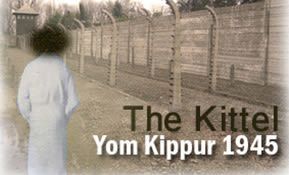

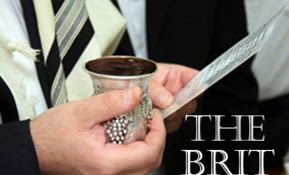

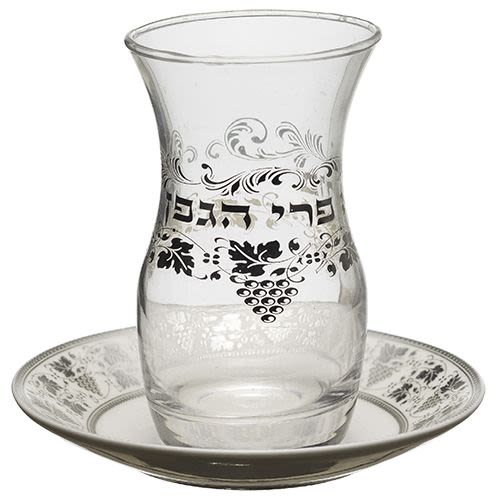
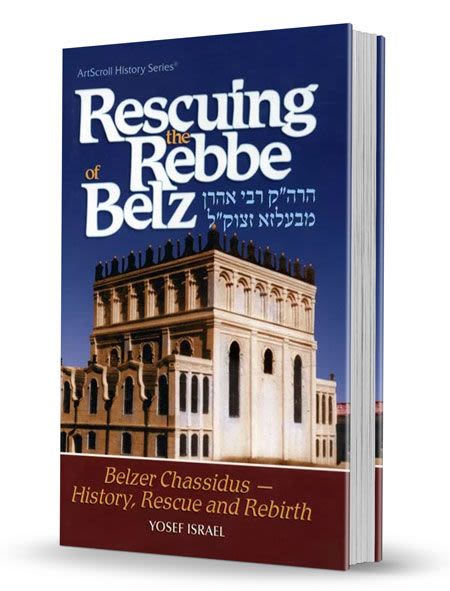
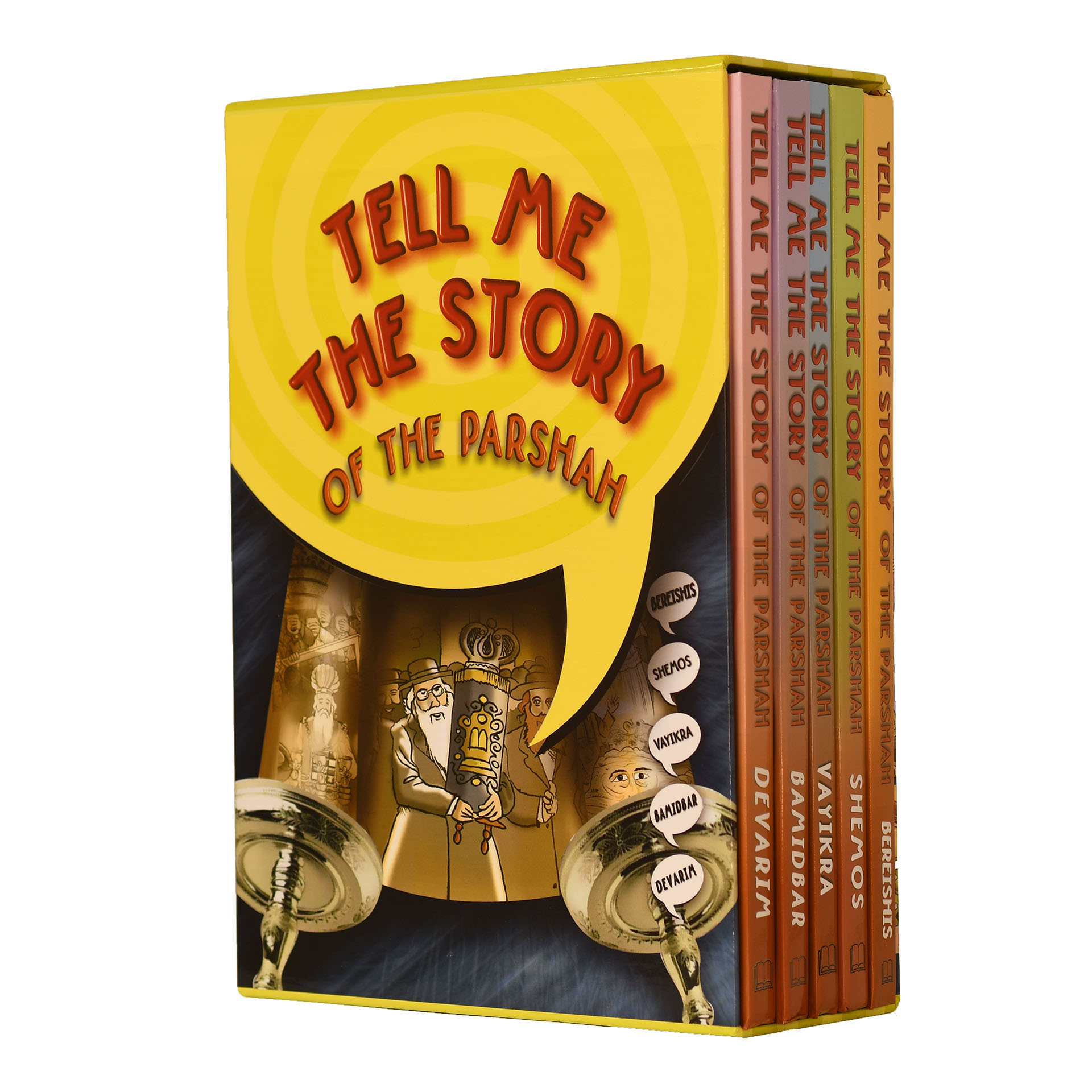
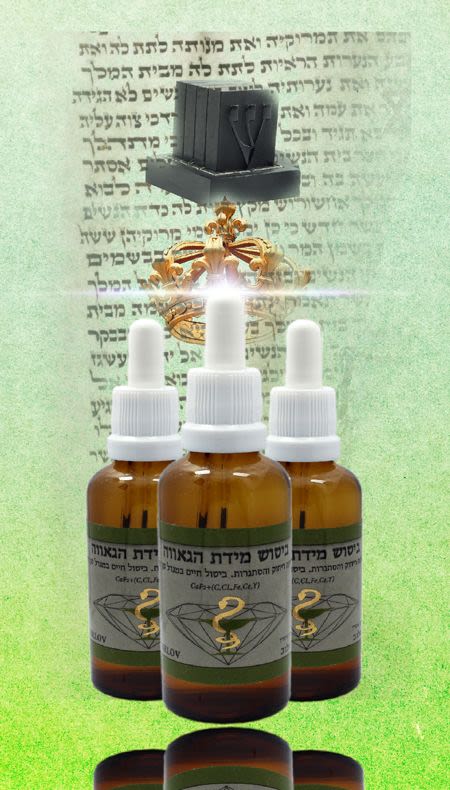

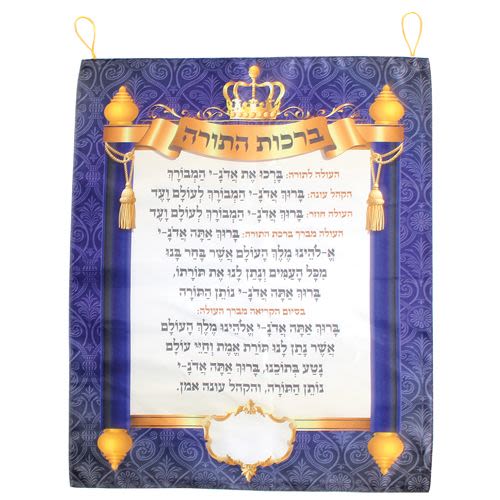
Tell us what you think!
Thank you for your comment!
It will be published after approval by the Editor.